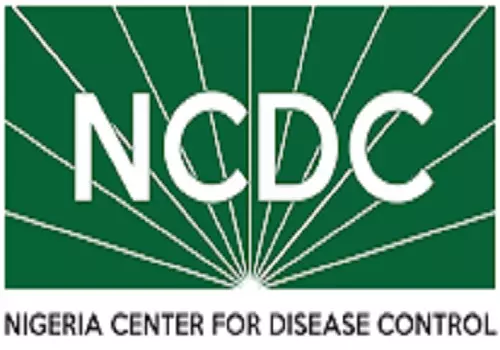
The Nigeria Centre for Disease Control (NCDC), says there is urgent need for states to strengthen Water, Sanitation and Hygiene (WASH) following the outbreak of cholera in the country. The NCDC Director-General, Dr Chikwe Ihekweazu said this in a statement on Tuesday in Abuja. Ihekweazu noted that cholera had been exacerbated by poor access to […]

The Nigeria Centre for Disease Control (NCDC), says there is urgent need for states to strengthen Water, Sanitation and Hygiene (WASH) following the outbreak of cholera in the country.
The NCDC Director-General, Dr Chikwe Ihekweazu said this in a statement on Tuesday in Abuja.
Ihekweazu noted that cholera had been exacerbated by poor access to clean water, open defecation, poor sanitation and hygiene.
According to him, between January and August, 31,425 suspected cases of cholera with 311 confirmed cases and 816 deaths have been reported from 22 states and the FCT.
He listed the affected states as Benue, Delta, Zamfara, Gombe, Bayelsa, Kogi, Sokoto, Bauchi, Kano, Kaduna, Plateau, Kebbi, Cross River, Niger, Nasarawa, Jigawa, Yobe, Kwara, Enugu, Adamawa, Katsina, Borno and the FCT.
“Following an increase in the number of cholera cases, the National Cholera Emergency Operations Centre (EOC) was activated on June 22, 2021.
“The EOC which is hosted at NCDC includes representation from the Federal Ministries of Environment and Water Resources, National Primary Health Care Development Agency (NPHCDA), World Health Organisation (WHO) and partners.
“The National Cholera EOC has led the deployment of Rapid Response Teams to support the most affected states, Benue, Kano, Kaduna, Zamfara, Bauchi and Plateau States.
“Additionally, NCDC and its partners have provided states with commodities for case management and laboratory diagnosis, materials for risk communications, and response guidelines among other support.
“A reactive Oral Cholera Vaccine (OCV) campaign led by NPHCDA was conducted in Bauchi Local Government Area of Bauchi State from July 24 to July 28, 2021,’’ he explained.
Ihekweazu stressed that none of those medical interventions would solve the underlying issues leading to cholera outbreaks.
“Cholera is a water-borne disease, and the risk of transmission is higher when there is poor sanitation and disruption of clean water supply.
“The wrong disposal of refuse and practices such as open defecation endanger the safety of water used for drinking and personal use.
“These lead to the spread of water-borne diseases such as cholera. Without proper WASH, Nigeria remains at risk of cholera cases and deaths,’’ Ihekweazu said.
He said the long-term solution for cholera control lies in access to safe drinking water, maintenance of proper sanitation and hygiene.
“We continue to advocate to state governments to prioritise action for solutions that ensure access to and use of safe water, basic sanitation and good hygiene practices in communities.
“Additionally, we urge Nigerians to keep their environments clean, only drink or use water that is boiled and stored safely, ensure food is cooked and stored in a clean and safe environment, avoid open defecation and wash their hands regularly with soap and running water.
“Cholera is preventable and treatable, however, it can be deadly when people who are infected do not access care immediately.
“Nigerians are advised to visit a health facility immediately if they have sudden onset of profuse watery diarrhea, nausea, vomiting, and weakness.
“As the NCDC continues to work with partners to lead the health-sector response to cholera outbreaks, we call for an urgent improvement in access to clean water, proper sanitation and hygiene,’’ Ihekweazu advised.
Supreme reports that cholera is a water-borne disease characterised by sudden onset of profuse watery diarrhea, which can lead to sudden death as a result of dehydration, if not managed on time.
Other symptoms include nausea, vomiting, and weakness.
Most infected people may only show mild symptoms or have no symptom at all. The time between an infection and appearance of symptoms of the disease is two hours to five days.
The disease is easily treatable if detected early. Most infected people can be treated successfully through prompt administration of Oral Rehydration Solution (ORS) to replace lost fluids and electrolytes.




